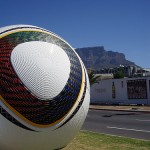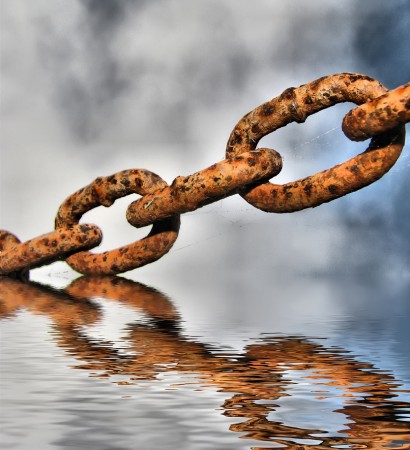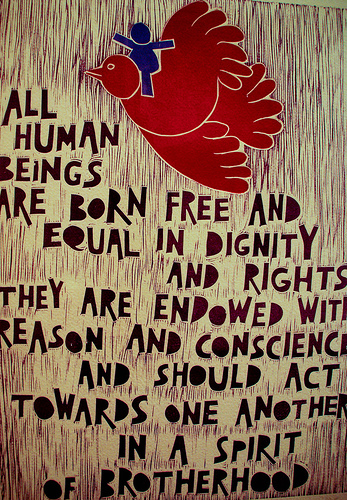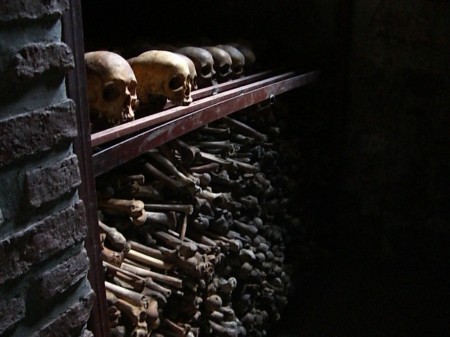
If you think that HIV/AIDS is Africa’s most serious problem, think again.
Malaria is the biggest known killer on the continent. Malaria is an infectious disease produced by a nucleus holding cell called Plasmodium. There are many variations of the disease but only one is fatal to humans, the Plasmodium Falciparum. In Africa the disease causes $12 billion worth of economic losses every year and worldwide it kills more than any other communicable disease except tuberculosis.
The ongoing FIFA World Cup in South Africa will help stimulate the strained economies on the continent and will allow states to sustain the costs of the infectious disease, thus helping people get access to the aid and treatments they need. The event has opened up 650,000 jobs to South Africans and the expected income for the whole event is around $7 billion (approximately R55 billion.)
After the World Cup is finished some 144,000 jobs will remain, allowing people that may have been out of work to continue to profit. Hopefully the income generated over this month, as well as months and years to come will make for better treatments for malaria and other infectious diseases ravaging the continent. An unfortunate factor is that malaria usually hits the poor population particularly hard and often prevents them from even accessing aid. There is hope that this event will help reverse this trend.
With the permanent jobs created by the event and with more money flowing to development and health projects, the strains on the poorest may be alleviated and access to treatment may be boosted.
For the sake of the African people, I hope it works.
Make sure to check out our recent Special Report on the World Cup and its impact beyond the football pitch.
Sam is our youngest ISN intern yet and attends the George C. Marshall High School in Falls Church, Virginia. His interest include world history, sports and biology.




